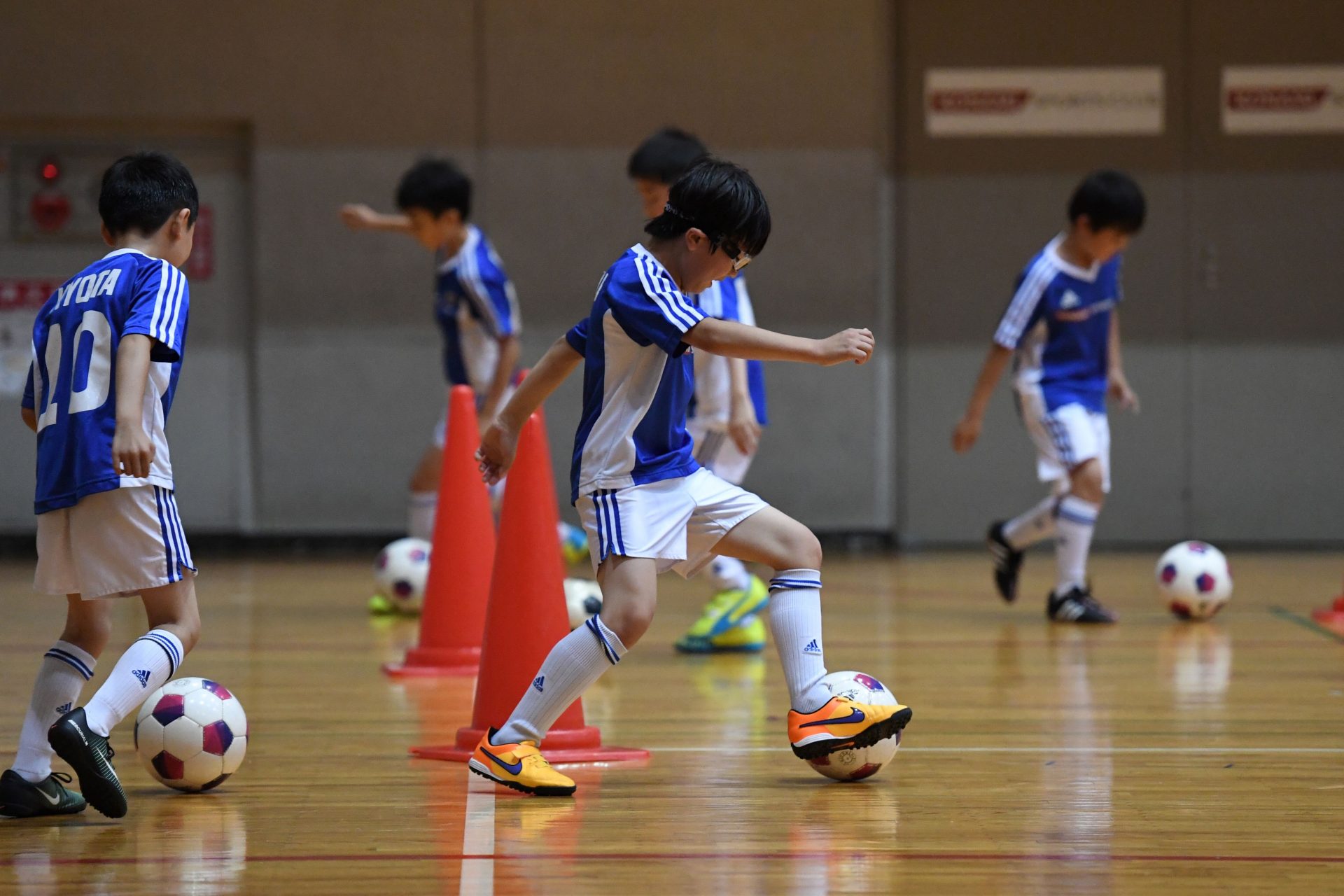Your birthday can affect how successful you are
According to a phenomenon known as the Relative Age Effect, your birth date can affect your success later in life. Several studies have verified its effects.
It goes like this: if you were born between January and March, you are more likely to succeed than those born between October and December of the same year.
Nearly a year between January and December gives children born in the first months of the year more time to develop than their school or sports peers from the later months.
This gives teachers, coaches, and scouts the impression that these children are more talented. This belief then leads the kids to become better through a self-fulfilling prophecy.
Image: Desola Lanre Ologun / Unsplash
According to Canadian sociologist Malcolm Gladwell,iIt also triggers a snowball of privilege. Since adults pay more attention and give more opportunities to early-month children, the gap between them and the other kids widens.
So, Gladwell explains, what starts as a slight and unnoticeable disadvantage then becomes a significant impediment after years of receiving fewer opportunities.
To understand the problem, it is better to look at specific examples where children are placed among peers born the same year as them: education and sports.
Gladwell cited a study that showed American students born in the first months of the year tend to perform better. That is not surprising: they have developed more than their younger peers.
Since they are more mature and pick up skills quickly, their teachers believe they are academically more gifted than their peers and tend to propose them for advanced academic programs more easily.
A study cited in a feature by The Guardian also found that relative age affects popularity. Other studies showed that younger children have lower rates of self-esteem.
The newspaper also cited research showing that younger children in the classroom are less likely to attend university than their older peers.
The other area in which the relative age effect is noticeable is sport. Competitive sports tend to categorize children by age, using their birth year.
That categorization gives children born in the first months of the year an advantage over those born in the last. Physical child development is fast, and older kids can be bigger and stronger.
That gives younger children fewer chances of entering teams or winning individual competitions against children born in the same year.
It also gives coaches the impression that older kids are more talented and deserve more opportunities. The encouragement then leads the child to believe that and become better.
System changes to avoid the negative aspects of the relative age effect over younger children are complex. Changing the months of the school cut off is not enough.
Image: Estee Janssens / Unsplash
For example, Canadian hockey uses a natural year: all born in the same year compete for a team spot. British soccer has a September-August system. In both cases, the older kids inside the cut win.
So, to give the relative age effect less power over children's future, we need more profound changes in the selection systems of sports, academics, and every competitive environment.
More for you
Top Stories






























